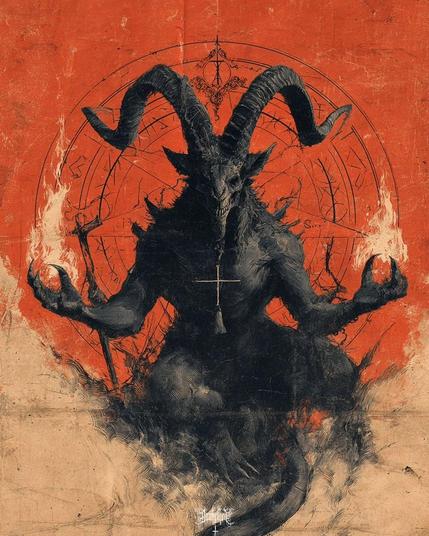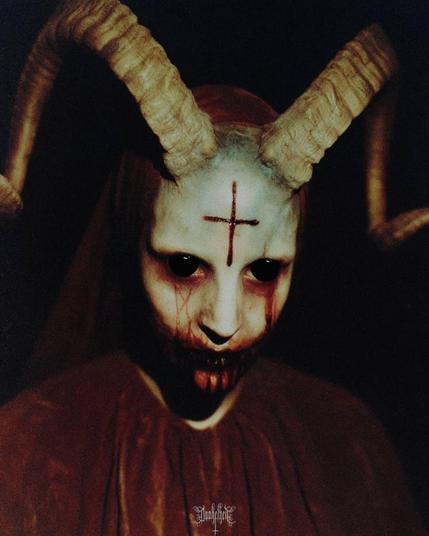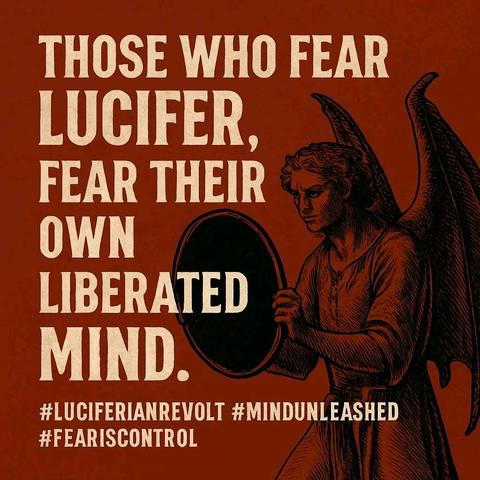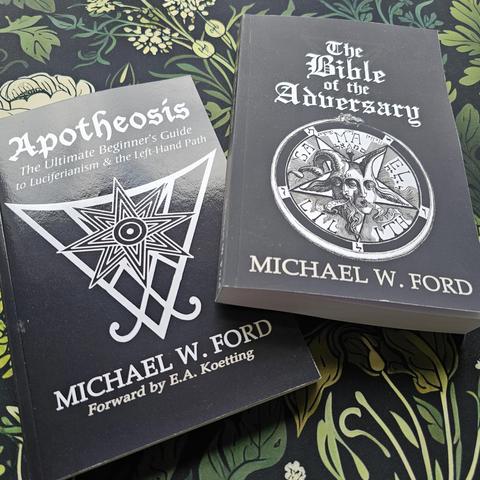#satanism #occultism #Satanicphilosophy #lefthandpath
The Black Gospel of Winter’s Throne
On the twenty-fifth night, the veil is torn,
Not by shepherds, nor kings reborn,
But by the Goat enthroned in frost,
Whose crown is forged from mankind’s loss.
The vampire kneels at Satan’s feet,
Drinking blood where angels weep,
The manger is a pit of ash,
The Christ-child drowned in shadows deep.
Lucifer carves his sigil in snow,
A serpent’s tongue, a fire’s glow,
The star of Bethlehem burns black,
Guiding demons on their endless track.
The tree is crucified in flame,
Its ornaments are skulls of shame,
Each gift a curse, each hymn a knife,
Unwrapping the marrow of mortal life.
Cain’s laughter echoes in the halls,
Lilith whispers through the walls,
The Virgin’s tears are rivers red,
Her prayers consumed by the horned one’s call.
The sleigh is a chariot of bone,
Pulled by beasts from Hell’s unknown,
Their hooves ignite the midnight sky,
As mortals pray, yet still they die.
This is the feast of inversion’s reign,
Where joy is twisted into pain,
Where Christmas hymns are dirges sung,
And Satan’s gospel is the only tongue.
The vampire drinks, the Devil smiles,
The covenant sealed through endless trials,
Winter’s throne is carved in sin,
And Christmas ends where Hell begins.
666!






















